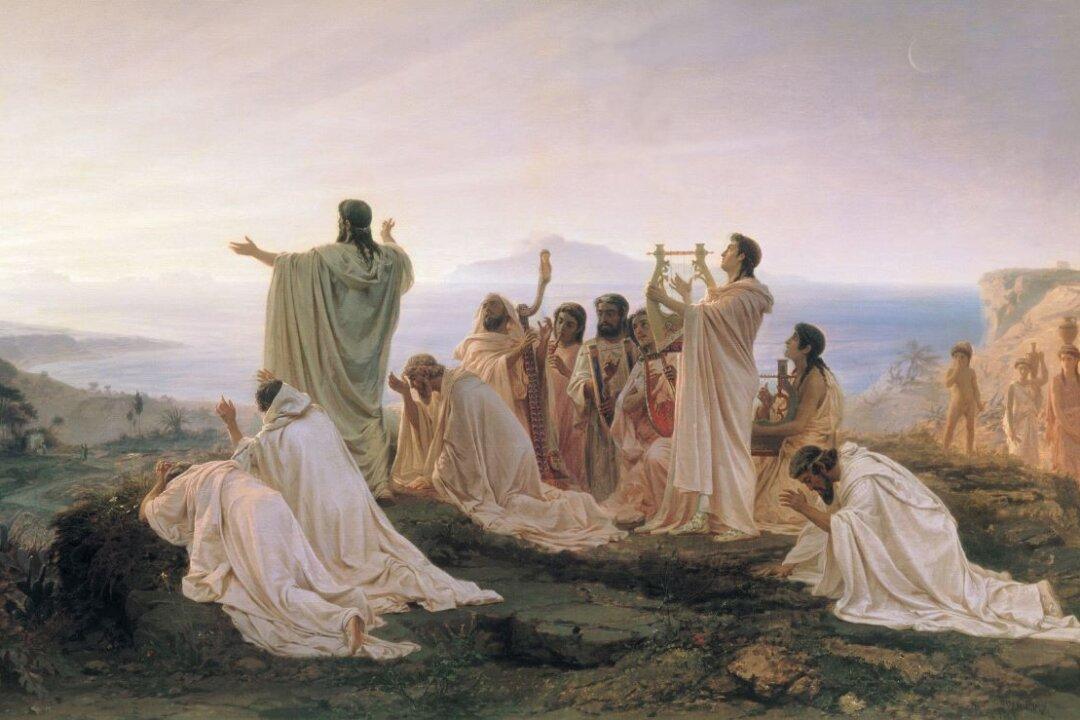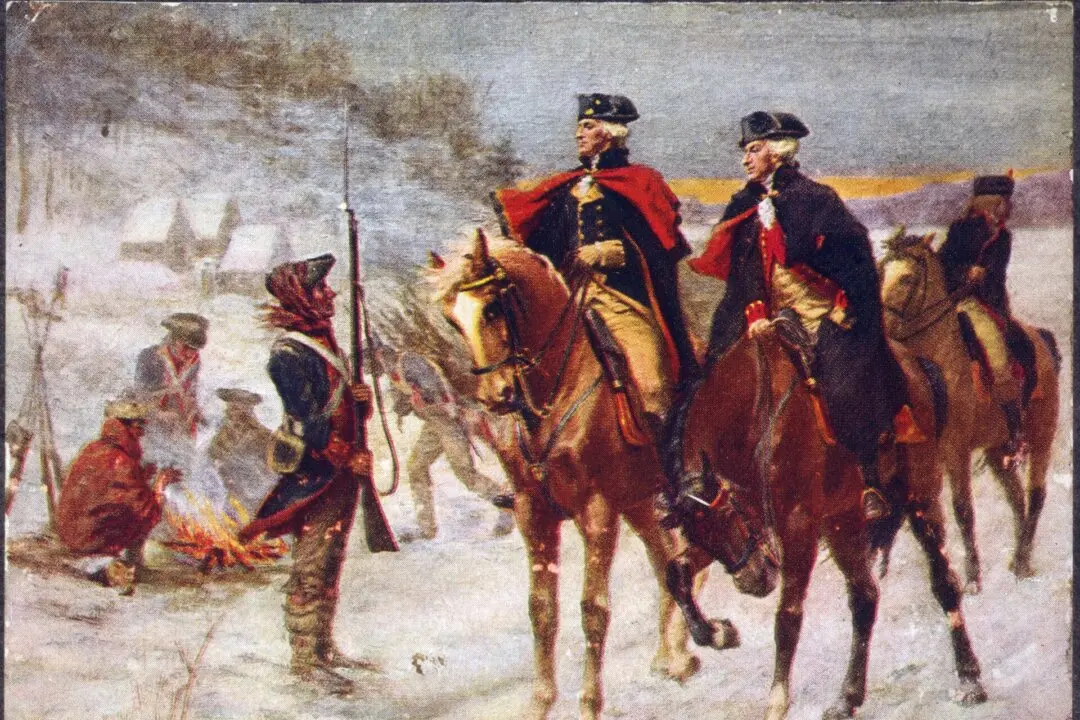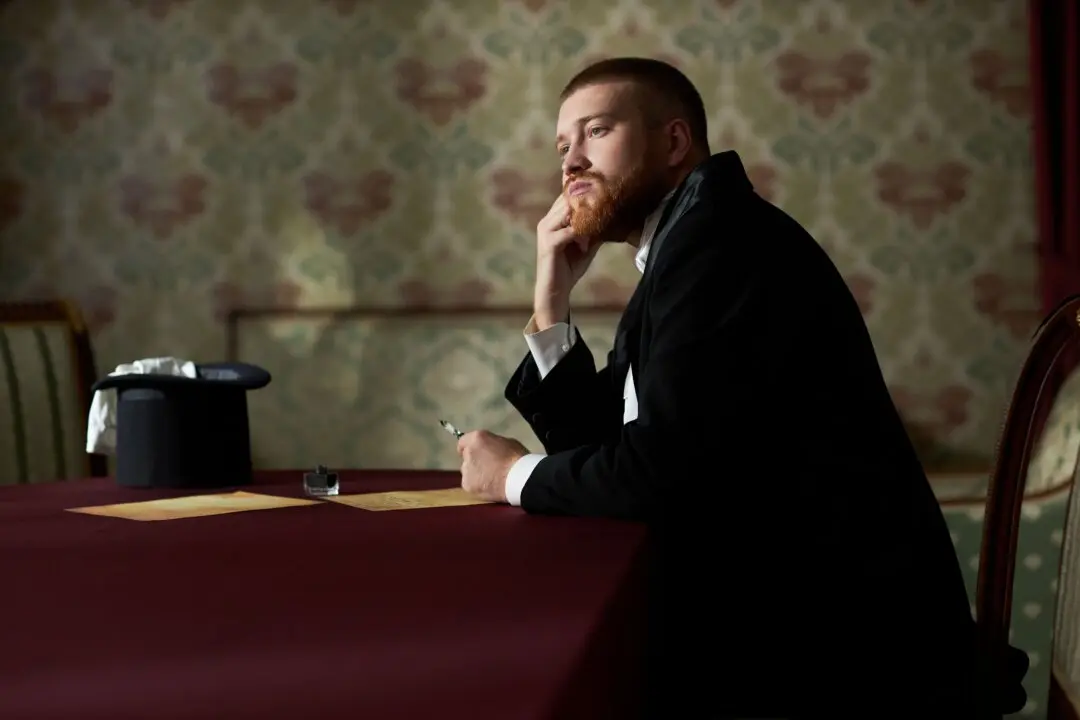Johannes Brahms and Pyotr Ilyich Tchaikovsky were both born on May 7, seven years apart. Brahms, the older of the two, was born in 1833; Tchaikovsky in 1840.
Given this double birthday, it seems appropriate to write about their relationship. The two men exhibited a mutual respect and even met twice. They had contrasting musical styles, though, and didn’t care for one another’s work.





